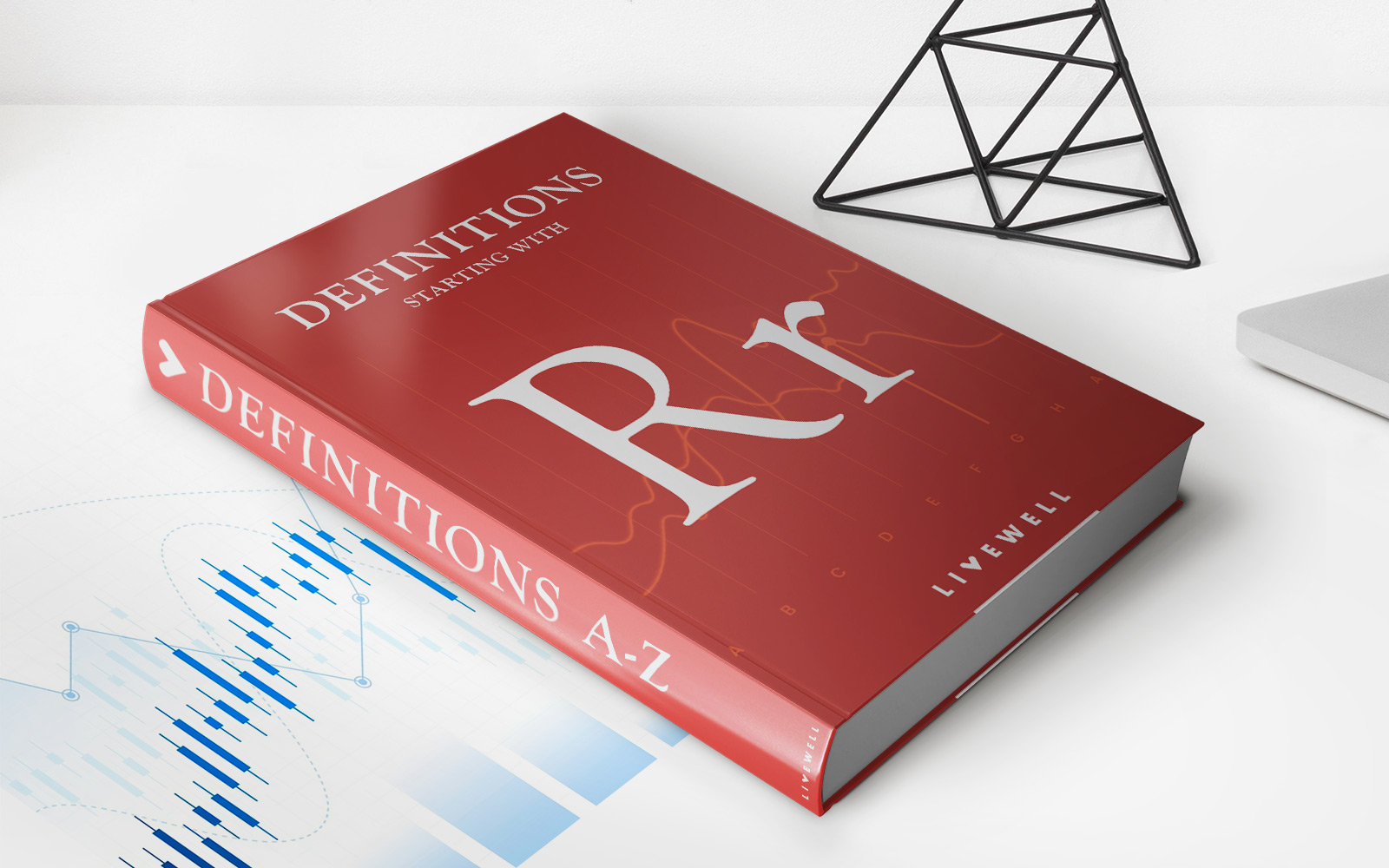

Finance
Anticipated Holding Period Definition
Published: October 7, 2023
Learn the definition of anticipated holding period in finance and how it impacts investment decisions. Gain insights into this crucial concept for financial planning.
(Many of the links in this article redirect to a specific reviewed product. Your purchase of these products through affiliate links helps to generate commission for LiveWell, at no extra cost. Learn more)
An Introduction to Anticipated Holding Period Definition
When it comes to financial investments, understanding the anticipated holding period is crucial. But what exactly does anticipated holding period mean? In this blog post, we will delve into the definition of anticipated holding period, its importance in finance, and how it can impact your investment decisions.
Key Takeaways:
- The anticipated holding period is the expected amount of time an investor plans to hold an investment before selling it.
- Understanding the anticipated holding period helps investors assess risks and determine appropriate investment strategies.
Before we dive into the details, let’s answer the fundamental question:
What is Anticipated Holding Period?
Anticipated holding period refers to the estimated duration for which an investor intends to hold a particular investment. It is the length of time an individual believes they will own a financial instrument before disposing of it.
Investment strategies often vary based on the anticipated holding period. Some investors may opt for a short-term approach, aiming for quick gains and frequently buying and selling investments within a short period. Others may have a long-term perspective, planning to hold onto their investments for several years or even decades.
The Importance of Understanding Anticipated Holding Period
Now that you know what the anticipated holding period is, let’s explore why it’s important in the world of finance:
- Risk Assessment: Knowing the anticipated holding period helps investors evaluate the potential risks associated with a particular investment. Short-term investments are generally considered riskier due to market volatility, while long-term investments have a higher potential for growth but may involve more prolonged periods of uncertainty.
- Investment Strategies: The anticipated holding period influences investment strategies. For example, short-term traders may focus on day trading or swing trading, aiming to capitalize on short-term price fluctuations. On the other hand, long-term investors often adopt a buy-and-hold strategy, potentially benefiting from compounding returns and the growth of the underlying asset.
By understanding your anticipated holding period, you can align your investment approach with your financial goals and risk tolerance.
Factors Influencing Anticipated Holding Period
Several factors can influence the anticipated holding period for an investment:
- The investor’s financial goals: Different objectives require different investment timelines. For example, saving for retirement might demand a long-term investment horizon, while saving for a short-term goal may require a shorter anticipated holding period.
- Economic conditions: Investors may adjust their anticipated holding periods based on economic conditions, such as interest rates, inflation, and overall market stability.
- Industry-specific factors: Certain industries may have unique characteristics that affect investment time frames. For instance, technology companies may experience rapid innovation and disruption, potentially necessitating shorter anticipated holding periods to adapt to market changes.
- Investment type: Different asset classes, such as stocks, bonds, real estate, or commodities, may have varying anticipated holding periods due to their inherent characteristics and historical performance.
It’s essential to regularly review and reassess your anticipated holding period, considering these factors and adjusting as necessary to align with changing goals and market conditions.
Conclusion
Anticipated holding period definition is a fundamental concept in finance. Understanding the length of time you plan to hold an investment is vital for managing risks and implementing suitable investment strategies. By considering factors that influence your anticipated holding period and aligning it with your financial goals, you can make informed decisions and optimize your investment outcomes.














